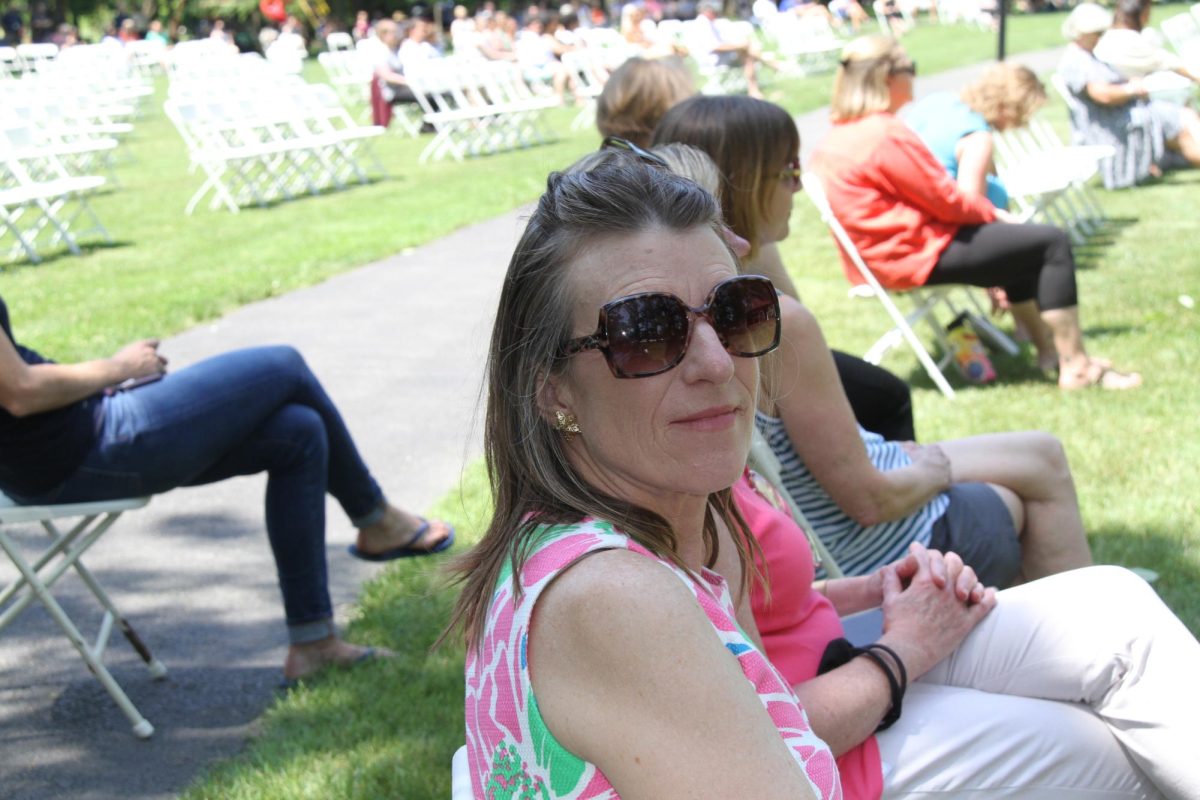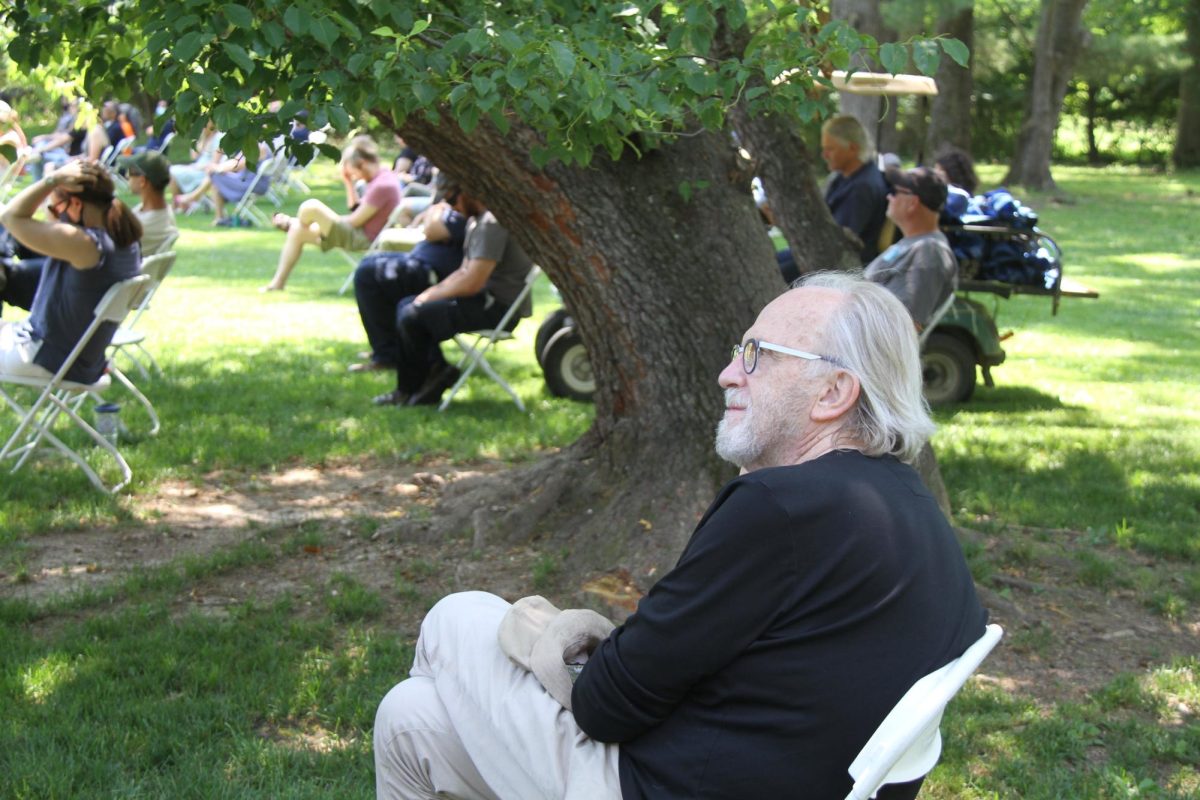
The Deliberative Democracy Lab, a discussion organized along with Stanford Professors, was aimed at offering PDS students and students from around the country a platform to discuss important questions that affect society today.
The lab was hosted on October 25th, with members of the Advanced Placement Comparative Government and the Advanced Placement U.S. Government class being placed into different groups with other students across the country. The first part of the lab was the substantive dialogue. Throughout this section of the lab, there was a unique AI platform that prompted specific questions and allowed students to pose their own questions. Everyone who wished to speak was granted an opportunity and given a certain amount of time to present their opinion. Following the civilized dialogue, students listened to a lecture from various professionals at the top of their fields. Whether they were lawyers in the AI field or Stanford professors, students were given the opportunity to learn a thing or two from the very best. Overall, this unique experience allowed PDS students to connect and engage in discussion with students across the United States.
Juniors Charlie Kaplowitz and Rhea Ajmera both shared their experience with the lab. Charlie stated, “I enjoyed the chance to participate in civil discourse and interact with my peers on challenging discussions.” With the ever-increasing amount of political divisiveness in the world, this opportunity was more important than ever, as the lab promoted respectful debate amongst students. In a similar way, Rhea shared, “My experience was rewarding, and it was quite fun to talk to people my age about topics that are extremely important and the modern world.”
Given that students were able to discuss these important topics with other students from across the country, many were able to hear a plethora of perspectives. However, some groups of students were not as diverse compared to others. For example, the two groups Kaplowitz and Ajmera were in consisted mostly of students from Princeton Day School. While people enjoyed the open forum for discussion and the platform’s neat features—like how discussion questions were presented and the way in which a student could volunteer to speak—most wished their groups were composed of a greater mix of students. Even with this drawback, the students involved were able to engage in civil discourse, a core practice in the PDS community. Ajmera shared, “It allowed everyone to speak their mind and disagree or agree when necessary. People also had no bad sentiment or harsh discourse but rather were respectful and appreciative of differences in ideas.” This outlook allowed many students to learn from each other, instead of focusing too much on where they differ in views.
Similarly, Kaplowitz explained, “It promoted a space where everyone’s views were respected no matter their political ideology and divergent beliefs.” Throughout the conference, students were given the platform to speak their mind, as long as they respected the opinions of their peers. In the end, PDS students were able to take advantage of this unique offering and hear a variety of perspectives, becoming even better listeners and collaborators through the lab.



